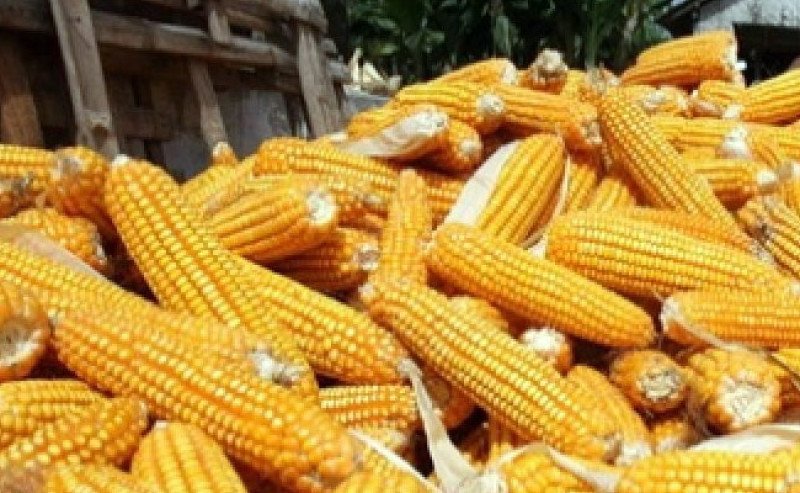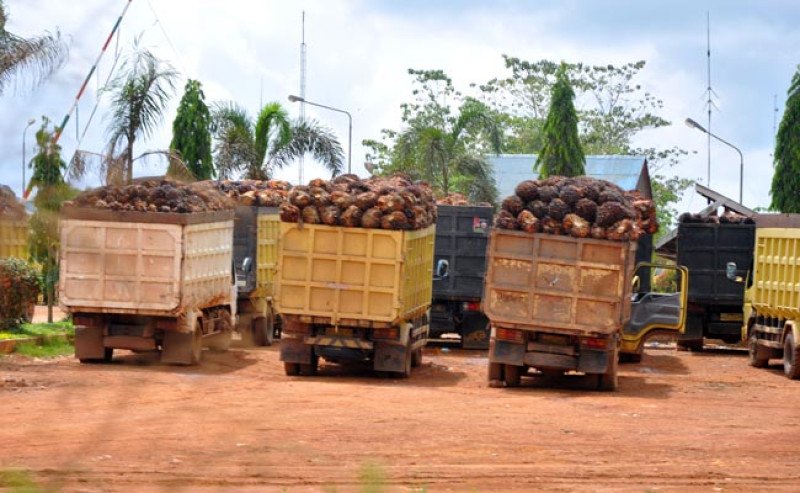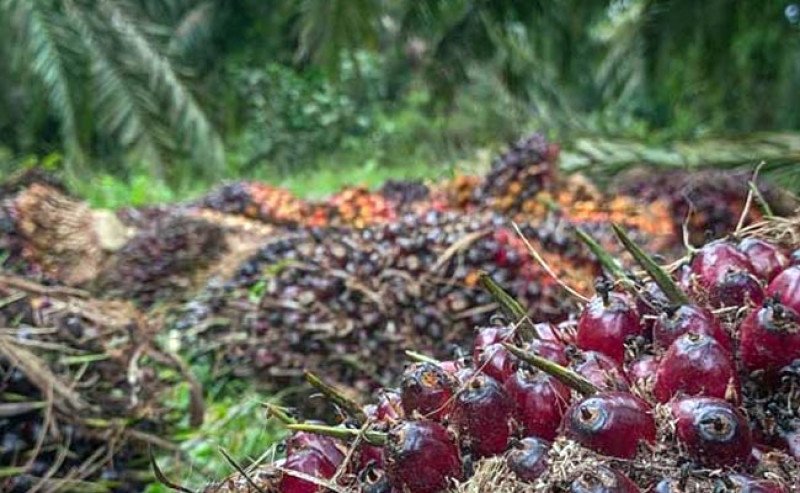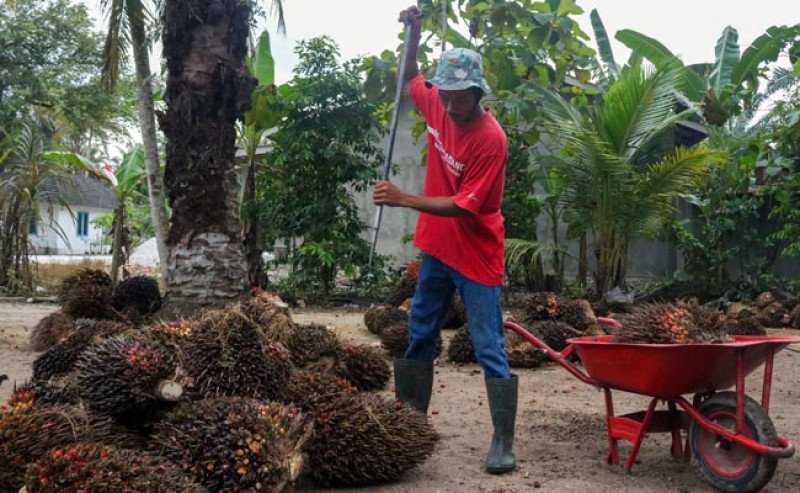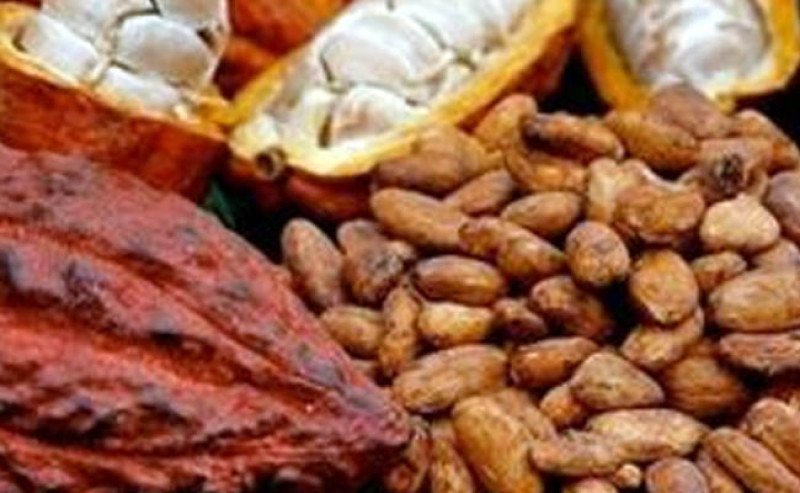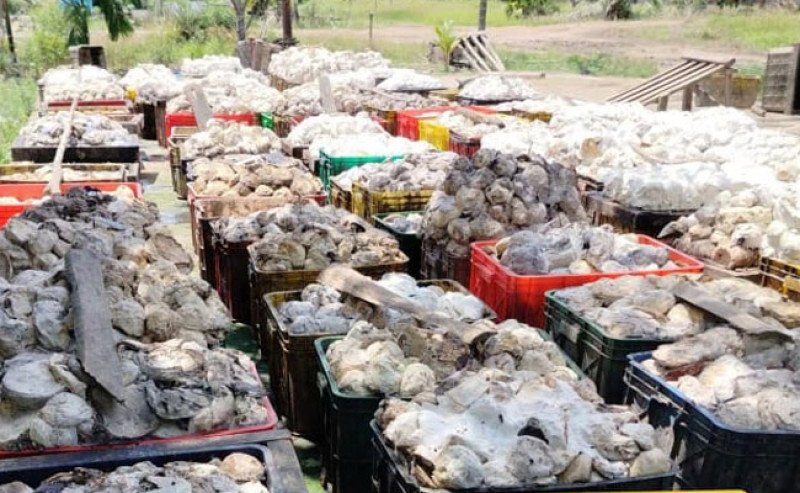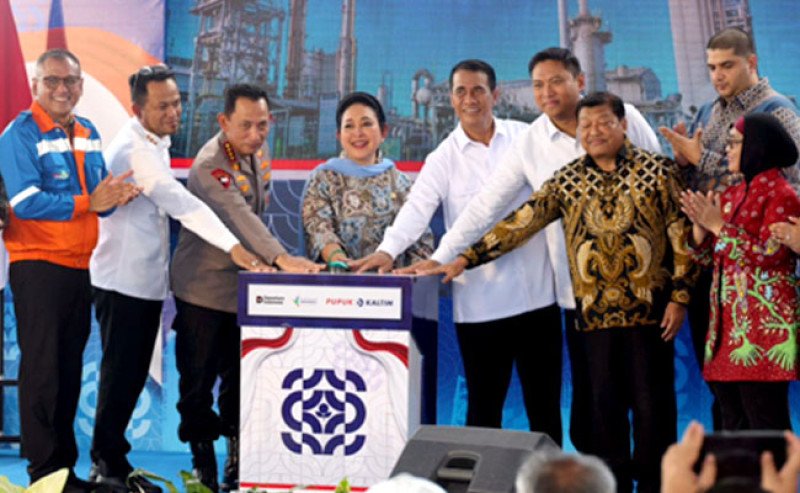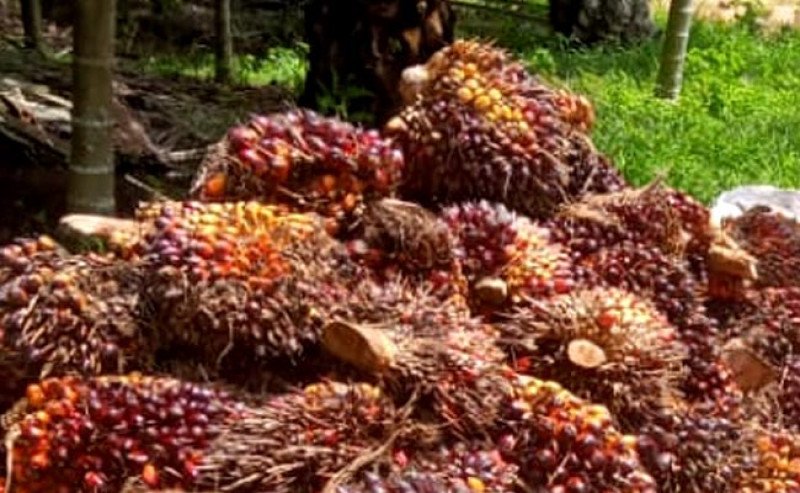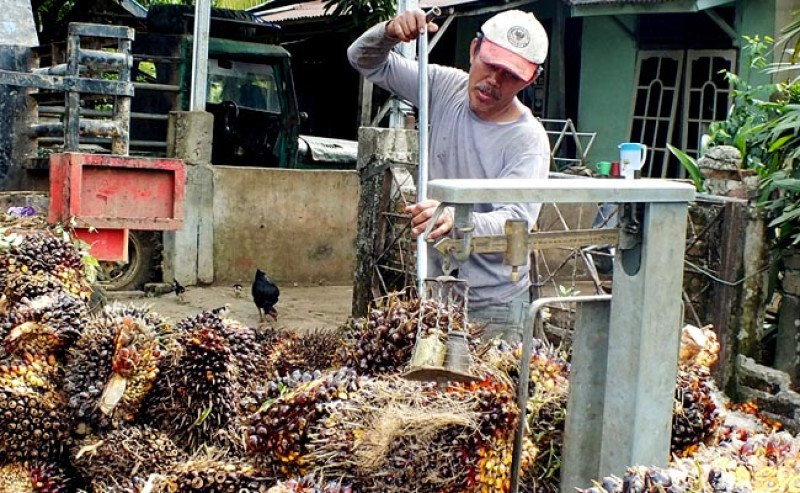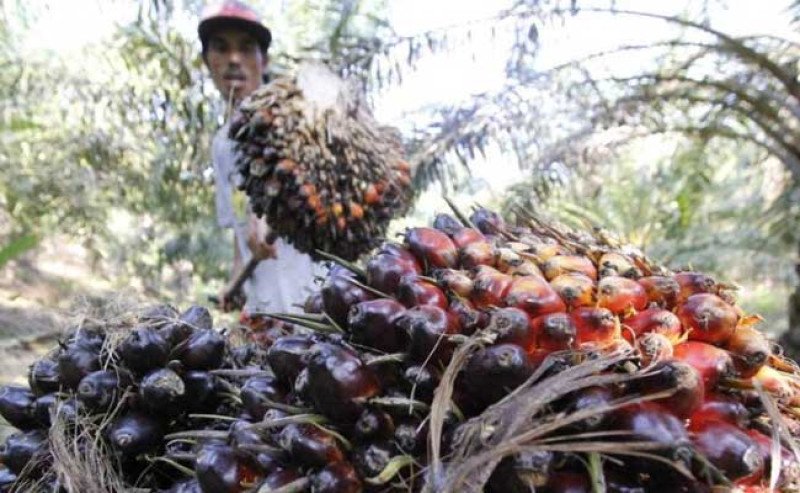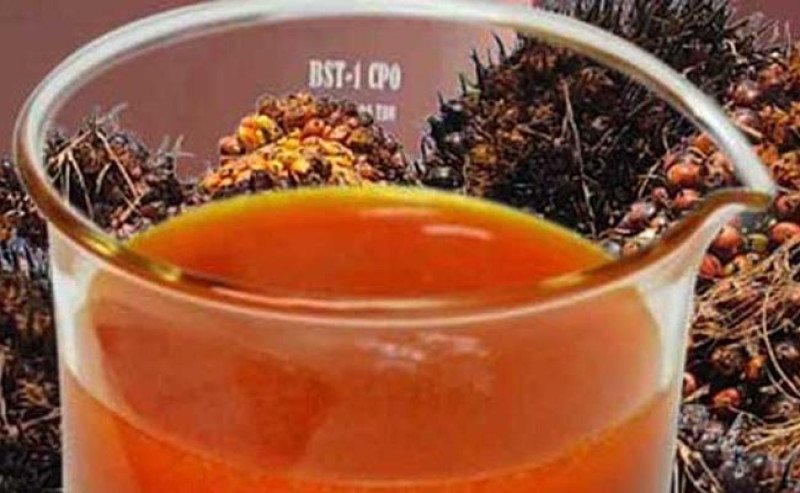Agricom.id, BANJARNEGARA – In District of Banjarnegara, Central Java Province, there is one home industry that processes cassava from flour to be kinds of products. Ministry of Agriculture, led by Director of Beans and Bulbs, Amirudin Pohan visited the home industry called Rumah Mocaf, Tuesday (23/6/2020).
Amirudin Pohan told that based on what Ministry of Agriculture, Syahrul Yasin Limpo (SYL), the local food should be the alternative and should get the special notice. To guarantee the sustainability of the local food made of cassava should advantage the available areas. Develop the local food starting from the house scale to maintain the food.
“Cassava is one alternative food commodity and should get special attention for it has good prospects. The mocaf development system in Banjarnegara is applicable for everyone in many regions and our food security would be better,” he said, as in the official written statement to Agricom.id.
In the chance, the initiator of Rumah Mocaf, a young entrepreneur, Reza Azyumarridha Azra told that the flour made of cassava or modified cassava flour (mocaf) is ready to export.
“This product is hoped to be the alternative substitution of wheat flour,” he said.
He also told that 2014 was the first time to make Rumah Mocaf. It needs 90 tons of cassava to make 30 tons of mocaf per month. The mocaf could be made to be 35 varied products.
“The products are different in price to sell but the best seller ones are the flour and noodle. Many bought the two,” he said.
The area and production potential in Banjarnegara could fulfill the needs to other countries. For example, the group of Rumah Mocaf could produce 7 tons of mocaf per month. The needs of cassava reach 21 tons and fulfilled by some groups in the district.
What is interesting, Reza continued, is the other countries start to get the products after kinds of products made of mocaf joined some exhibitions in many countries, such as, Indonesia-Moscow exhibition, the exhibition in the Indonesian Embassy in Brussel, and Malaysia International Halal Showcase in April 2019.
In the security food – perspective, he also told that the food has the Hazard Analysis Critical Control Point (HACCP) which is about to identify the dangerous potential, know the critical points, monitor the control system, determine the improvement, decide the verification procedures, and develop the note and procedure documentation.
“We are doing the best to fulfill the HACCP to do exports. If it is exported, it would ease the market in Indonesia and to increase the perspective of cassava in the world. It is hoped too that if mocaf is exported, it could minimize the wheat flour import. Hopefully, this year, everything runs well,” he said.
Prof. DR. Iswandi Anas of Masyarakat Singkong Indonesia (MSI) urged the cooperation to develop the cluster system to plant cassava. But it still hits the investment issue.
“By the cluster system, the cassava farmers could harvest in every single year and increase the flour production of cassava and minimize the wheat flour,” he said.
In the other spot, General Director of Food Plantation, Ministry of Agriculture, Suwandi said that Rumah Mocaf could be the sample for the young generations to start doing the agriculture – process business. He thought that it is a must to develop the food products made of cassava by taking others and also the farmers to compete.
“The most important thing is that we have to be in synergy, told the people around about starting the business to make employments in agriculture,” he said.
Suwandi thought that Rumah Mocaf is the real thing of corporate to be developed in many regions so that no one would think of the upstream only but also the downstream products. If the corporate develops and runs well, the farmers would have better class, from the price takers to be the price makers.
“What Rumah Mocaf has achieved is the same with what Minister SYL told as the food diversification by prioritizing the bulbs products, running the corporate, and it is very good to have export oriented. Hopefully, there would be young generations who want to develop our agriculture,” he said. (A2)

